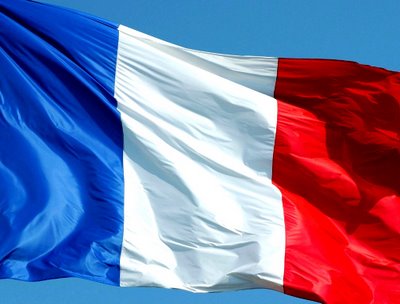
From David McCullough, the New York TImes: [T]he ties that bind America and France are more important and infinitely more interesting than most of us know.
Consider that the war that gave birth to the nation, our war for independence, would almost certainly have failed had it not been for heavy French financial backing and military support, on both land and sea. At the crucial surrender of the British at Yorktown, for example, the French army under Rochambeau was larger than our own commanded by Washington. The British commander, Cornwallis, was left with no escape and no choice but to surrender only because a French fleet sailed into the Chesapeake Bay at exactly the right moment.
The all-important treaty ending the Revolutionary War, wherein King George III recognized the United States to be “free, sovereign and independent,” was signed in Paris. The plan for our new capital city on the Potomac was designed by a French engineer, Pierre Charles L’Enfant. The first great statue of our first president was the work of a French sculptor, Jean-Antoine Houdon. The first major study of us as a people, “Democracy in America,” was written by a French historian, Alexis de Tocqueville. Published in 1835, it remains one of the wisest books ever written about us. . . .
More than nine million of us are of French descent. Over a million American students are taking French, making it, after Spanish, the most commonly studied foreign language in our schools. . . .
And there is a further reason France should hold a prominent place in our memories and in our hearts. More American history has unfolded in France and more Americans are buried there than in any other country but our own.
During World War I more than two million American soldiers served “Over There.” In World War II another generation of American soldiers numbering more than 800,000 served in France. In all, more than 60,000 Americans are buried in French soil, at Meuse-Argonne, Normandy and nine other cemeteries. At the Meuse-Argonne, the largest, lie fully 14,246 American dead. The grave markers are a sight never to be forgotten.
Though I love France and greatly value the friends I have made there, I am not an overboard Francophile. But as an American I think it is well past time to get back to respect and affection between our countries, on all fronts and with all possible good will.
For my part this Bastille Day, I intend to raise a glass or two of Veuve Clicquot in a heartfelt toast: “Vive la France!”
Image: vagabond%207%2014%2011%20French%20flag.jpg
